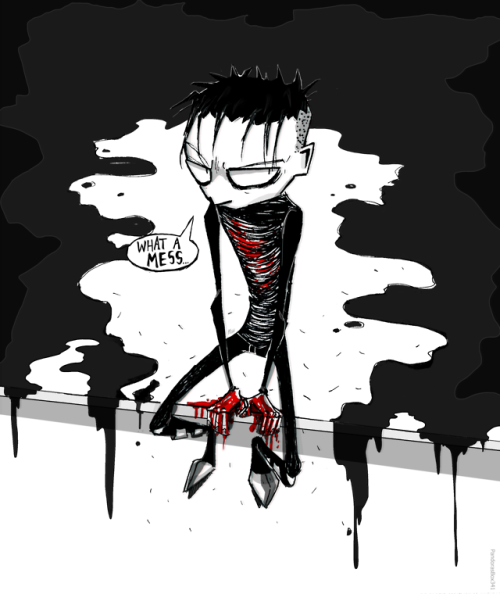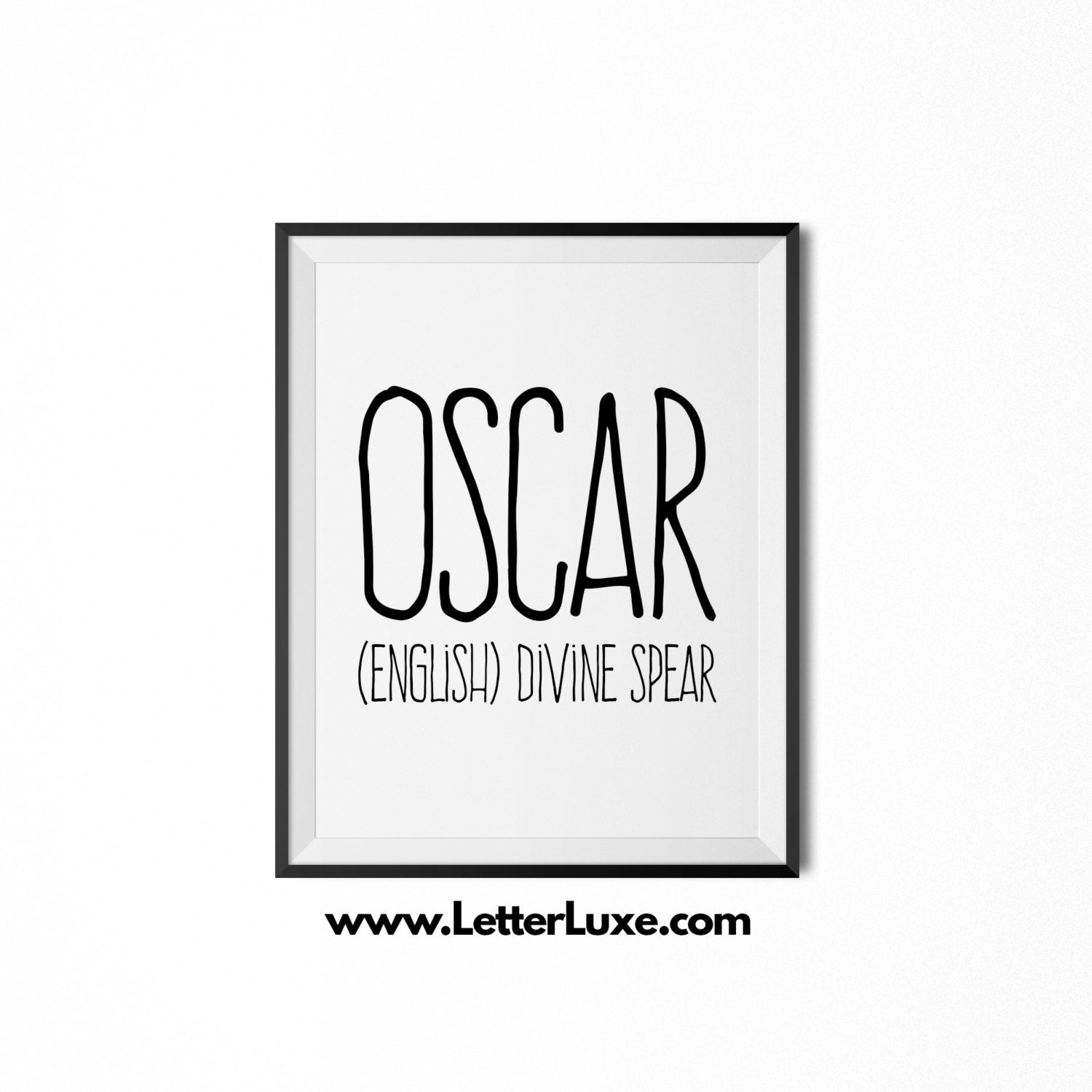
That latter case of popularity beating indie credibility was perhaps the most important to 1999, since that year’s conventional, feel-good Tom Hanks vehicle not only beat out a critical darling, but it beat a film produced by Miramax Films, a then-speciality arm of Disney which was originally founded (and still run) as an indie distributor by Bob and Harvey Weinstein. Confidential the year before Braveheart beat Sense and Sensibility in 1996 and the year prior to that saw Forrest Gump defeat the Quentin Tarantino trailblazer, Pulp Fiction. In fact, most of the biggest winners of the ‘90s had been widely popular studio blockbusters: Titanic dubiously beat L.A. It can be a sweet movie, but until 1998, it was not the kind of film that won Best Picture. Ostensibly a fictionalized origin story for how the Bard got the idea for Romeo and Juliet, the film inserts insider Hollywood humor into an Elizabethan setting while also offering a lush romance between old Will and his personal Juliet (or Twelfth Night’s Violet, depending on the scene).

Unto itself Shakespeare in Love is a charming film, essentially a backstage dramedy with literary pedigree. Going forward there was little doubt in most conventional Oscar watchers’ minds that Spielberg had his second Best Picture Oscar sewn up.Ĭome Oscar night though, Spielberg picked up the Best Director Oscar (his second after Schindler’s List) while John Madden’s Shakespeare in Love left audiences at home surprised by taking the top award, alongside its wins for Best Actress, Best Supporting Actress, Best Original Screenplay, and Best Score… the latter two also at Saving Private Ryan’s expense. The film was a massive blockbuster hit, back when $482 million worldwide was considered massive and blockbusters could be about more than superheroes and space wizards. In that specific moment, however, all this suffering made the sacrifice of the film’s heroes-eight American soldiers sent behind enemy lines to bring one paratrooper home-appear Herculean. The opening sequence, centered on the D-Day landing, especially evoked documentary filmmaking, creating horror so visceral it would soon change the way war movies were shot. With an intense commitment to realism and authenticity, the director’s use of shaky handheld photography and brutally unsentimental depictions of violence were shocking in 1998. But by the time that was published, Spielberg had already given the idea visual form for younger audiences. Later in the same year as Saving Private Ryan, Tom Brokaw’s book The Greatest Generation would popularize the term used by its title to describe their sacrifice. Released in July 1998, Saving Private Ryan opened during a peak of renewed interest in the generation of Americans who endured the Great Depression and then won World War II, transforming the U.S. Yet when it comes to Steven Spielberg’s seminal World War II epic losing to an amusing (if somewhat lightweight) romantic comedy, never before had there been an upset so fundamentally unexpected that it changed the way awards were won and never before had a generally celebrated studio hit with frontrunner status run into the political machinations of Harvey Weinstein.


If Orson Welles was still alive, the stories he’d surely have to tell about How Green is My Valley. Just ask Brokeback Mountain’s producers about Crash, or La La Land’s about Moonlight. After all, there have been plenty of upsets before and since. It’s a sentiment shared by many, and not just because of the disappointment they experienced when Shakespeare in Love took home that night’s top prize. Saving Private Ryan’s loss of the Best Picture Oscar in 1999 still hurts.


 0 kommentar(er)
0 kommentar(er)
